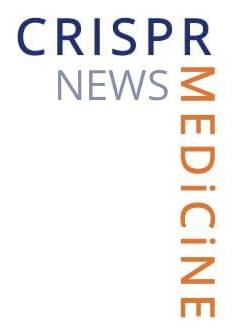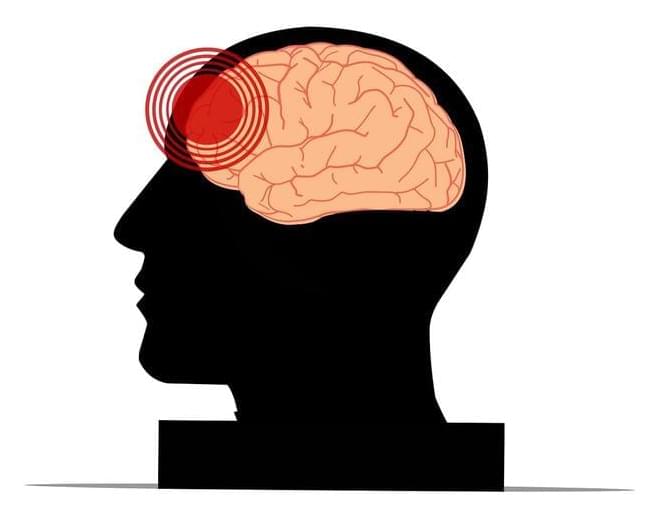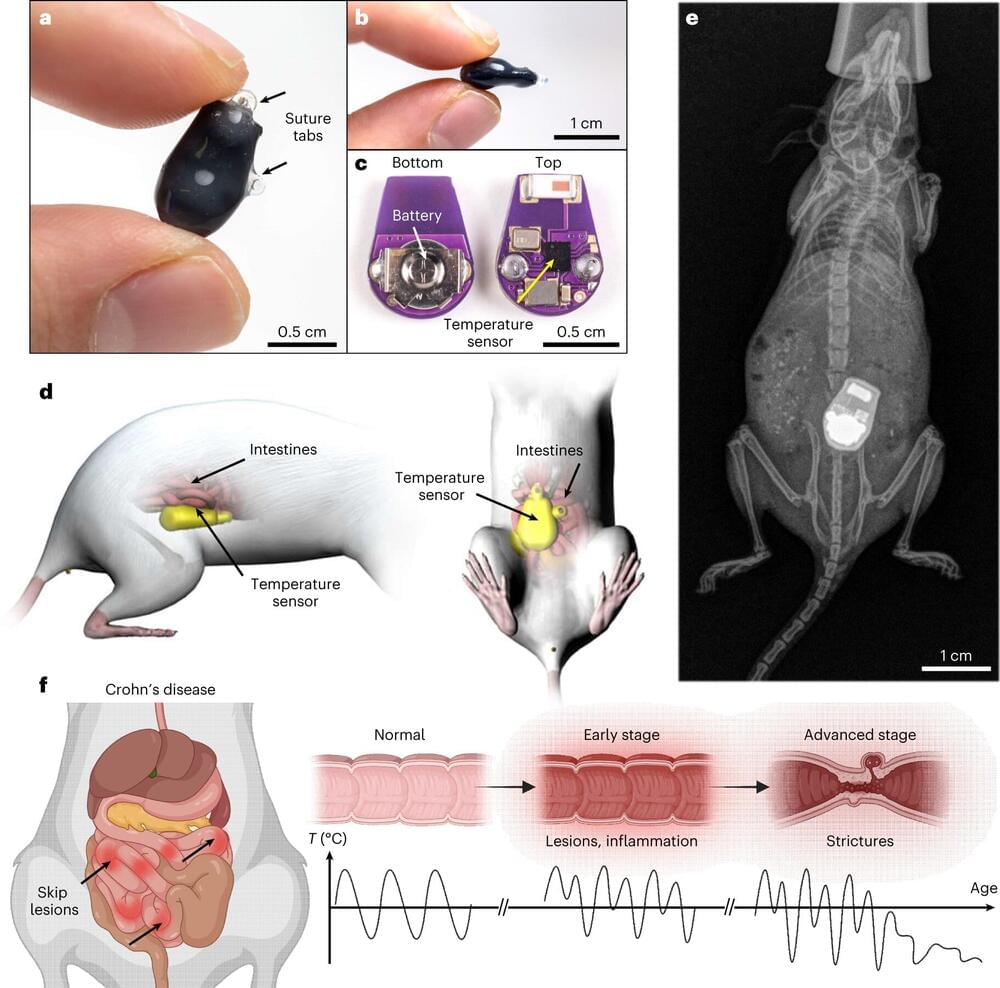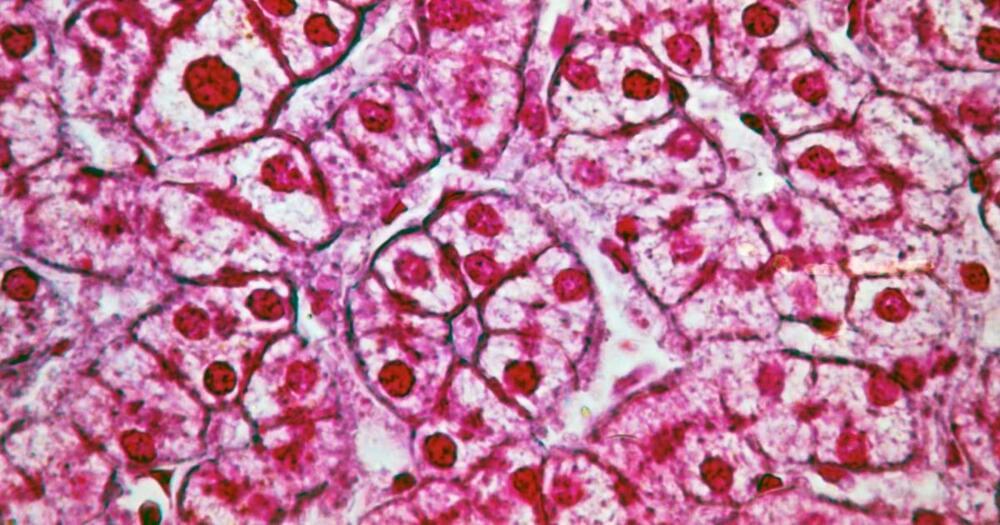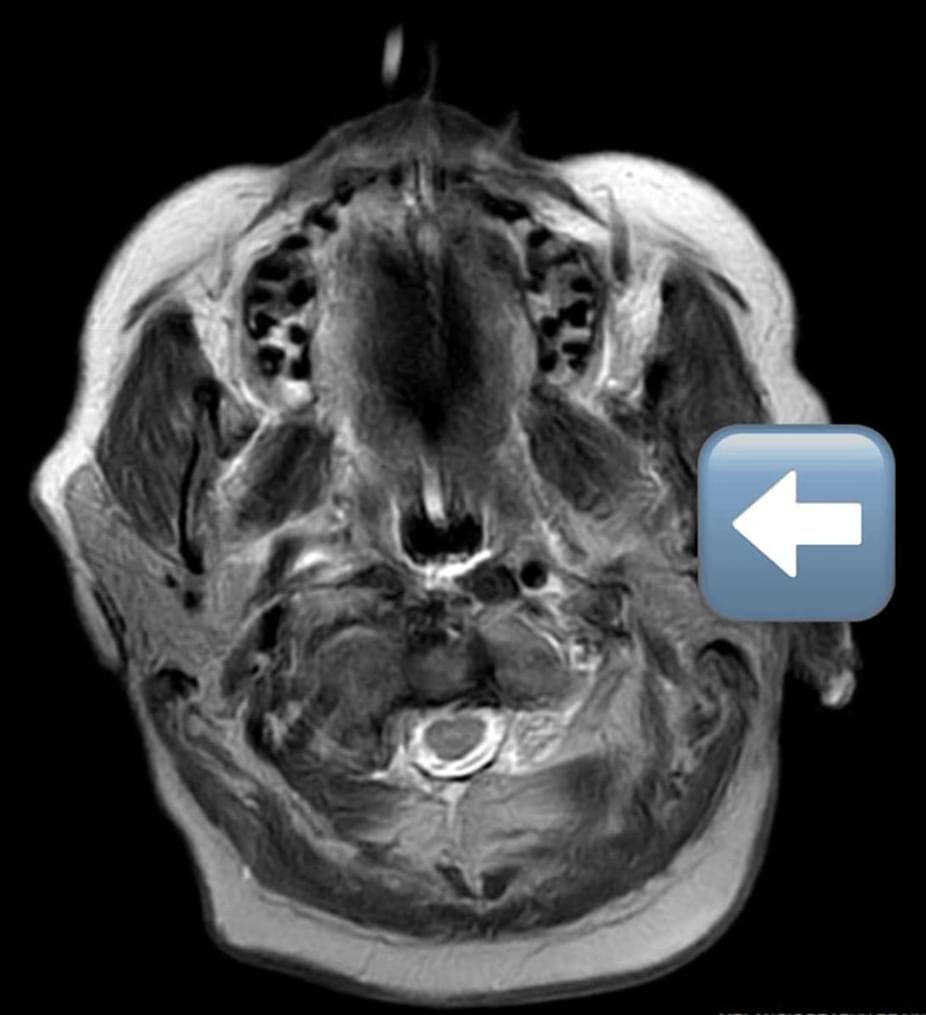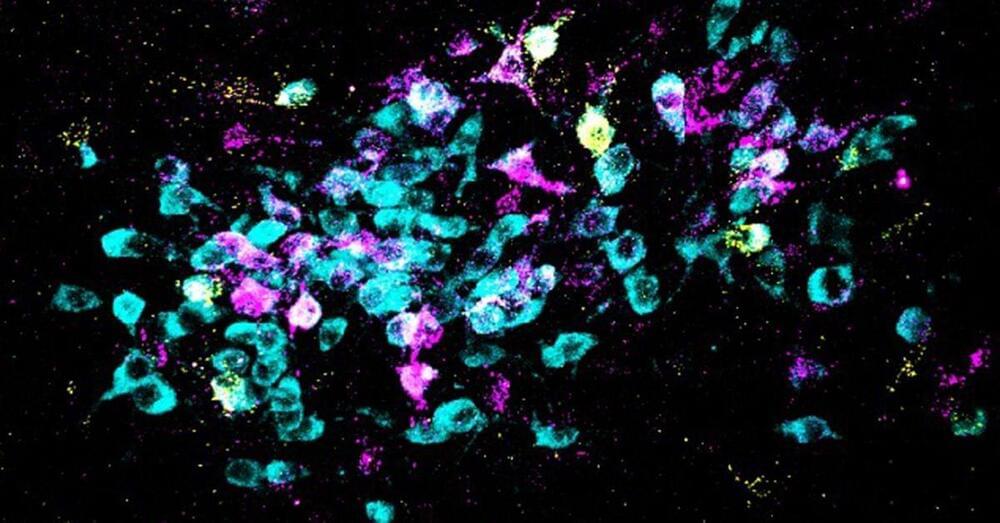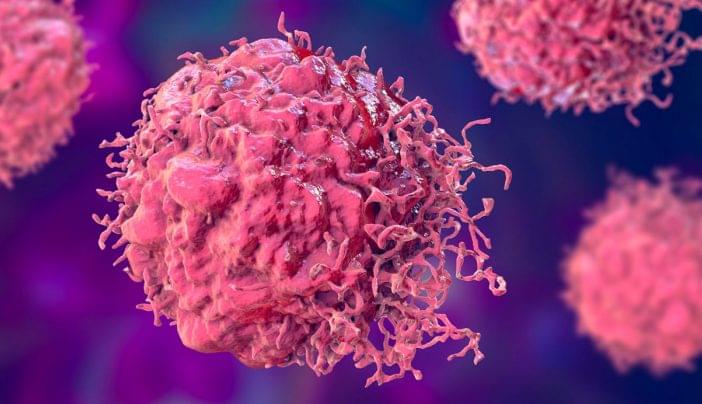
To help with weight loss, many individuals turn to various strategies, including fad diets, intense exercise routines, and even supplements. However, one crucial factor often overlooked is the role of hormones in regulating appetite and metabolism. Glucagon-like peptide 1 (GLP-1) is a hormone that plays a significant role in satiety and glucose control. By increasing GLP-1 levels naturally, individuals can potentially enhance weight loss efforts (did you know Ozempic and Wegovy are not the only ways to do this!). Of course at STAT Wellness our goal is to uncover the root cause of your weight loss struggles; as a patient of STAT you will not get a blanket “you need to eat less and exercise more” mentality. So if the information in this article is not helpful, don’t settle until you have answers. We are complex beings and need to be treated that way. However the purpose of this article is to explore natural methods to boost GLP-1 levels and support weight loss efforts.
Consume Fiber-Rich Foods.
Dietary fiber has long been recognized as an essential component of a healthy diet, but its role in weight loss is often underestimated. Fiber-rich foods, such as whole grains, fruits, vegetables, and legumes, not only provide satiety but also help increase GLP-1 secretion. When consumed, fiber slows down digestion and promotes the release of GLP-1 from the intestinal cells. Additionally, certain soluble fibers act as prebiotics, nourishing beneficial gut bacteria, which further enhances GLP-1 production. Including a variety of fiber-rich foods in your diet can support weight loss efforts by promoting feelings of fullness and regulating appetite. Looking for ways to get more fiber consider: acacia fiber, ground flaxseed, chia seeds, avocado, raspberries, cruciferous vegetables, lentils, beans, and zen basil seeds (which are also lectin free).
